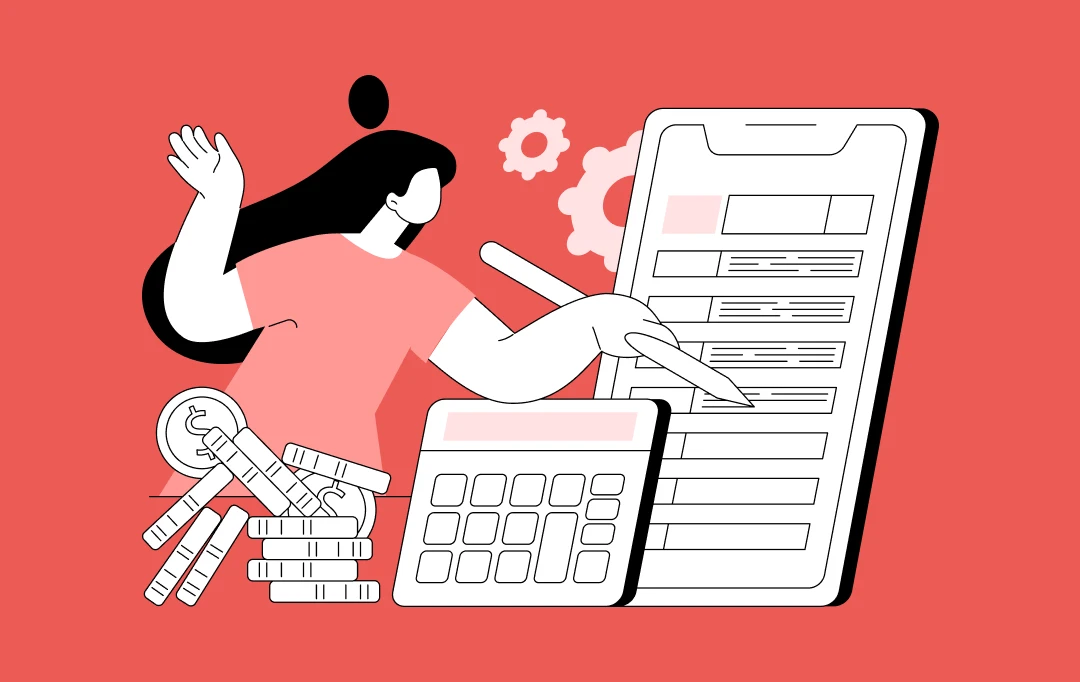Build vs Buy Software: What’s the Right Choice for Your Business?

Strong 8k brings an ultra-HD IPTV experience to your living room and your pocket.
When your business hits a growth stage or faces operational bottlenecks, software often becomes part of the solution. But then comes the big decision — build vs buy software — and it’s not always straightforward.
Should you invest in custom software built around your unique processes? Or purchase an off-the-shelf solution that’s ready to deploy? The right choice depends on your business needs, goals, and resources.
Let’s break it down in plain language to help you make the smartest decision.
Build vs Buy Software: What Does It Mean?
Build software means hiring a development team to create a custom solution from scratch, tailored to your business processes.
Buy software means purchasing a pre-built solution, often available as a subscription (SaaS) or one-time license, that offers standard features out of the box.
Both options come with advantages and trade-offs, and making the wrong choice can cost time, money, and growth opportunities.
When to Build Software: The Case for Custom Development
Choosing to build software makes sense when:
Your business has unique processes that off-the-shelf tools can’t support
You need maximum flexibility and control over features and integrations
You want a long-term solution that can scale with your business
Security, compliance, or data privacy requires a tailored approach
You see software as a competitive advantage, not just a tool
Advantages of Building Software
100% tailored to your business needs
Seamless integration with existing tools
Full control over features, design, and roadmap
Better alignment with long-term growth
Competitive differentiation in your industry
When to Buy Software: The Case for Off-the-Shelf Solutions
Buying software is often faster and more affordable upfront. It works well when:
Your needs are standard and don’t require heavy customization
You want to get up and running quickly
Budget or time constraints rule out custom development
You prefer predictable, subscription-based pricing
The software is for a non-core function (e.g., HR tools, payroll)
Advantages of Buying Software
Quick deployment
Lower initial investment
Regular updates and support
Proven reliability for standard use cases
Minimal technical expertise required
Build vs Buy Software: Key Factors to Consider
When making the build vs buy software decision, ask yourself:
How unique are your software requirements?
What’s your budget for upfront investment and long-term maintenance?
How quickly do you need the solution live?
Do you have access to reliable development partners?
Is the software critical to your competitive advantage?
There’s no one-size-fits-all answer — but a clear understanding of your business goals will guide you to the right choice.
A Smart Hybrid Approach: Build the Essentials, Buy the Rest
Many growing businesses adopt a hybrid model — building custom software for core operations while buying off-the-shelf tools for standard needs.
For example:
Build a custom CRM if your sales process is highly unique
Buy project management software for internal collaboration
Build AI-powered solutions for personalized customer experiences
Buy accounting software for financial tasks
This approach keeps costs manageable while ensuring your most critical operations are fully optimized.
Final Thoughts
Deciding whether to build or buy software is a strategic choice that impacts efficiency, scalability, and competitive edge. There’s no universal answer — only what’s best for your business, goals, and budget.
If you’re unsure, consulting with experienced software experts can help you analyze the trade-offs and avoid costly mistakes.
The good news? With the right approach, you can get the software solution your business needs — whether that means building, buying, or both.
Note: IndiBlogHub features both user-submitted and editorial content. We do not verify third-party contributions. Read our Disclaimer and Privacy Policyfor details.







